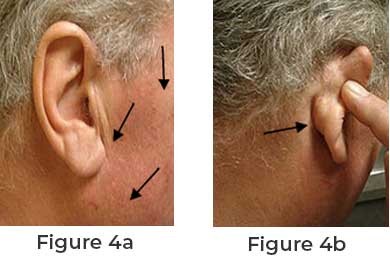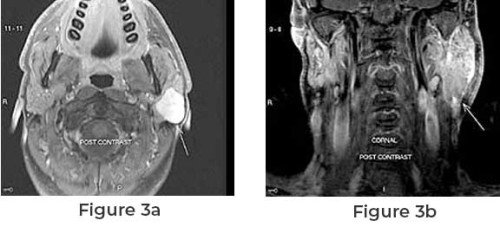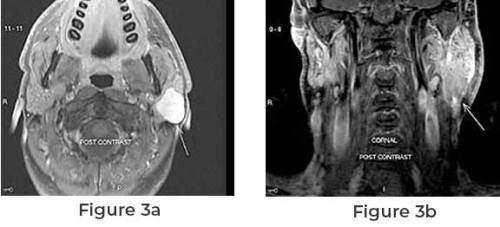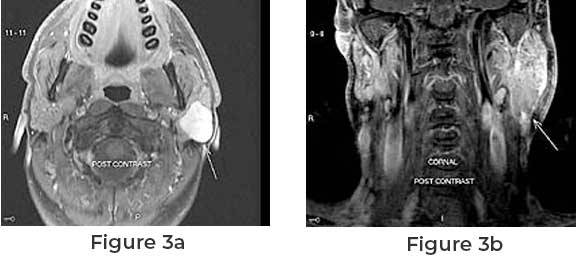Most Popular
 Facial Nerve Cancer and Parotid Tumor Surgery What You Need to Know
Facial Nerve Cancer and Parotid Tumor Surgery What You Need to Know
Facial nerve cancer is rare, with 500 US incidences annually. ...
 Parotidectomy and Facelift to Remove Parotid Gland and Rejuvenate the Appearance
Parotidectomy and Facelift to Remove Parotid Gland and Rejuvenate the Appearance
Parotidectomy and facelift are two distinct surgical procedures, each serving ...
 Know About the Parotid Cancer and Its Symptoms before Treatment
Know About the Parotid Cancer and Its Symptoms before Treatment
Parotid cancer is a rare form of cancer that originates ...



Recovering From a Cut Facial Nerve After Parotid Surgery

You were astonished to find you couldn't move half your face after parotid gland surgery. The surgery mistakenly cut your facial nerve. You can no longer grin, blink, or express yourself on that side. You drool excessively from your paralyzed mouth, making everything taste odd. You may question if your face is permanently frozen. Don't despair. You may regain most of your facial mobility and control with patience and specific physical therapy. Recovery is frustrating, but you'll get there.
How the Facial Nerve Can Be Accidentally Cut During Parotid Surgery
Parotid removal surgery may mistakenly damage the facial nerve that governs facial muscle action. Surgeons must carefully separate the facial nerve from the parotid gland tissue. Cut or damaged nerves can cause face muscle paralysis or weakness.
The facial nerve governs eyebrow rising, eye closure, smiling, and frowning. Parotid surgery might cut the nerve, causing facial drooping or paralysis. This might cause asymmetry and facial expression issues. Patient pain and reduced function may include difficulties eating, drinking, or closing an eye.
Fortunately, treatment and rehabilitation can restore most or all facial nerve function. Depending on damage severity, rehabilitation might take 3–24 months. Physical therapy, face massage, and plastic surgery may be used. For inflammation reduction and nerve regeneration, patients are typically given corticosteroids.
Early face therapy following surgery is crucial to recovery. Early targeted facial workouts and massage reduce muscle atrophy and reconnect neural pathways. Speech therapists who specialize in facial rehabilitation teach patients customized exercises. Repeating these workouts daily is essential.